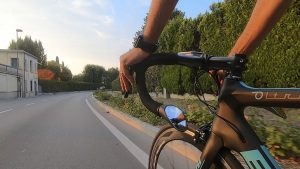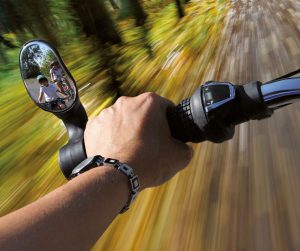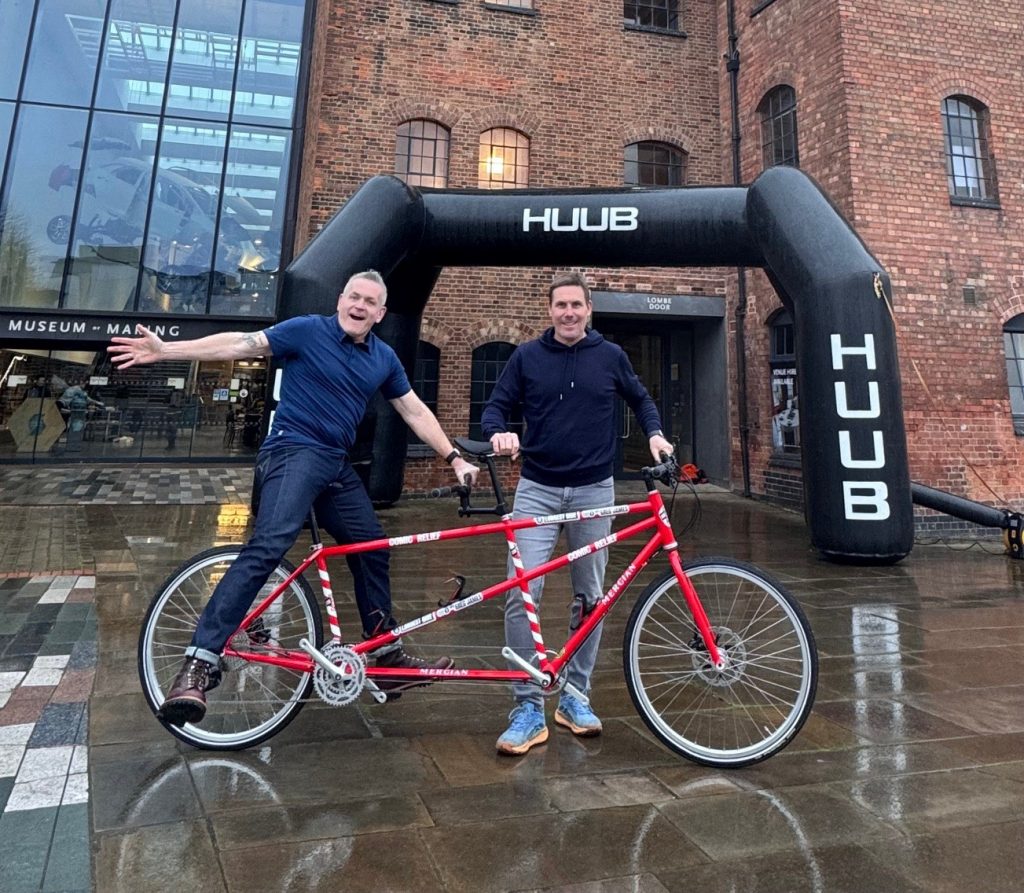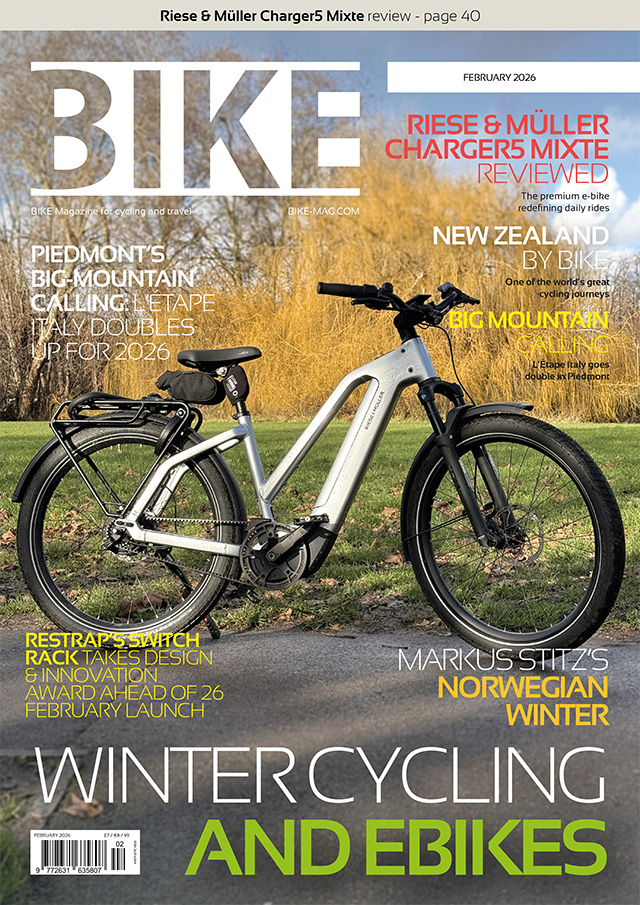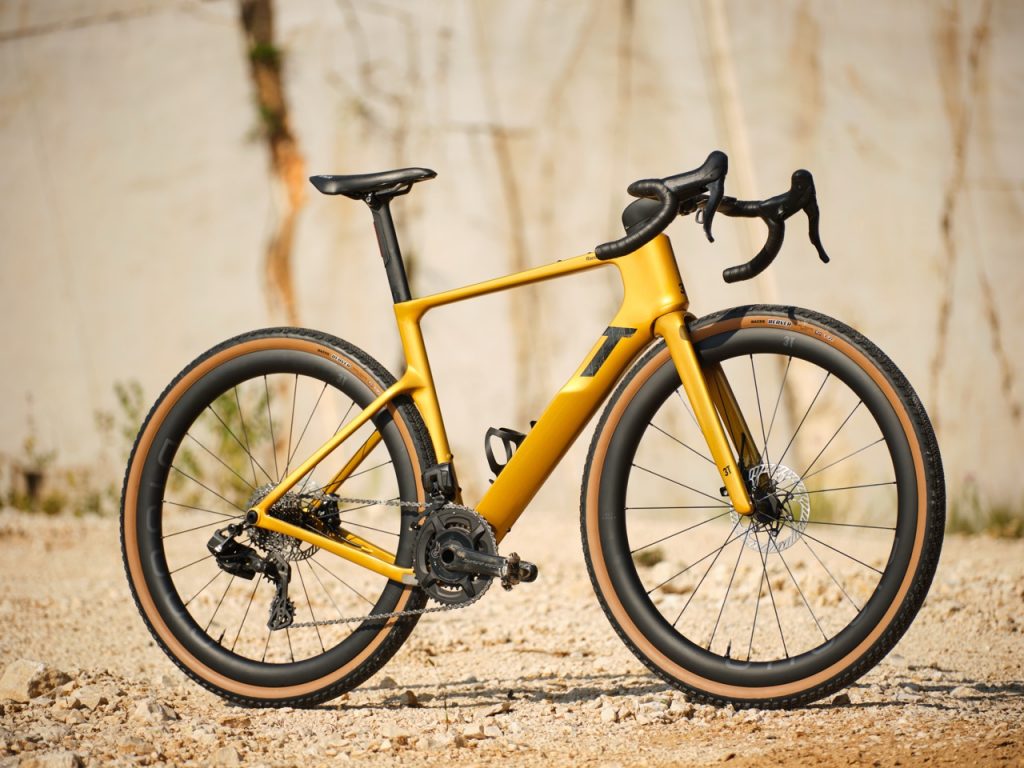Europe’s largest subscription provider of kids’ bikes, has announced that subscriber demand for its range of refurbished bikes is now outnumbering demand for its new bikes.
Launched in London in 2017, Bike Club enables parents to rent premium lightweight bikes for their children, and then allows them to exchange the bike for a larger size as the child grows. The average child needs a larger bike every 15 months between the ages of 2 and 16 to keep up with their growth, but few parents have the time, space or appetite to source, buy, maintain, store and sell multiple bikes, often for multiple children simultaneously.
Bike Club takes the hassle out of selling and replacing kids’ bikes repeatedly. Currently, over 55,000 children are riding Bike Club bicycles across the UK and Germany, enjoying high-quality rental bikes, from premium brands like Frog, Forme and Woom, that can be returned and replaced with larger models whenever the kids outgrow them. All Bike Club bikes are refurbished by certified mechanics, guaranteeing a level of mechanical safety that can not be matched by second hand bikes bought and sold privately.
In the first half of 2023, subscribers that chose Club Bikes consistently outnumbered those who chose new alternatives. Bike Club is now renting out more refurbished bikes than new bikes on a monthly basis. In H1 this year, at least 55% of the bikes selected by new and existing subscribers every month were refurbished rather than brand new. To meet this growing demand Bike Club have ramped up their refurbishment programme, with 6,000 bikes being refurbished in the first half of 2023 alone.
James Symes, Founder & CEO of Bike Club, comments: “Watching take-up of our refurbished bikes by members of our subscriber community has been hugely exciting. This is precisely what we hoped we would see happen, albeit at a faster rate than any of us anticipated.
“Our research shows that there are 13.5 million unused kids’ bikes languishing in sheds and garages around the UK; and industry data tells us that new bike sales among adults and kids are falling year-on-year. The future of Bike Club has always been in refurbished bikes that are returned multiple times for service to kids because that’s what their parents – our customers – are looking for. At Bike Club, we’re committed to bringing bikes back to life over and over again, maximising their use, while reducing waste, hassle and cost. Clearly our customers love this idea too, with over 55% of members taking out a subscription in Q1 2023 choosing a refurbished bike.”
Bike Club is a certified B-Corp company operating in the Circular Economy – a system in which resources and materials are used for as long as possible to help reduce waste. The production of every new child’s bike creates almost 100 kg of CO2 emissions. All Bike Club bikes can be refurbished and rented out again up to six times, ensuring utilisation of each bike is maximised while the requirement to manufacture new bikes is significantly reduced.
Symes continues: “At Bike Club, we want to eradicate this idea that ‘new is best’. It really isn’t. It costs parents and the planet more to keep producing and consuming new bikes that don’t get used to their full potential.”
Rising demand among parents for preloved kids’ bikes comes as new bike sales continue to fall in the UK: total sales of kids’ bikes fell 28% between 2019 and 2022*. Faced with a prolonged cost of living crisis and heightened awareness of the impact their actions have on the climate, parents with Bike Club subscriptions are taking action to reduce cost and impact while still ensuring their children have access to the best quality bikes in the sizes and models they need.
Last year, the company, which has to date raised more than £50 million in funding, invested in 50,000 sq ft of additional manufacturing space to enable faster refurbishment of more of its bikes. Today, Bike Club has the capacity to refurbish over 25,000 bikes per year (500 per week) across its premises in the UK and Germany – the location of the company’s first step into European expansion.


